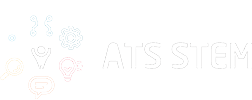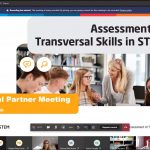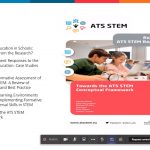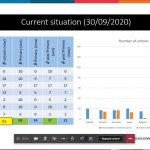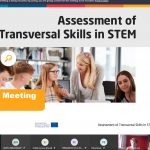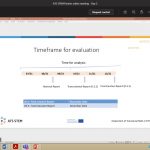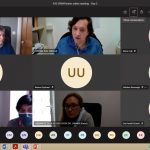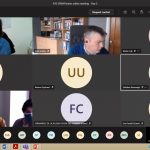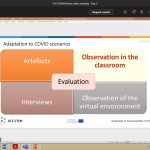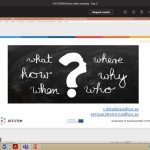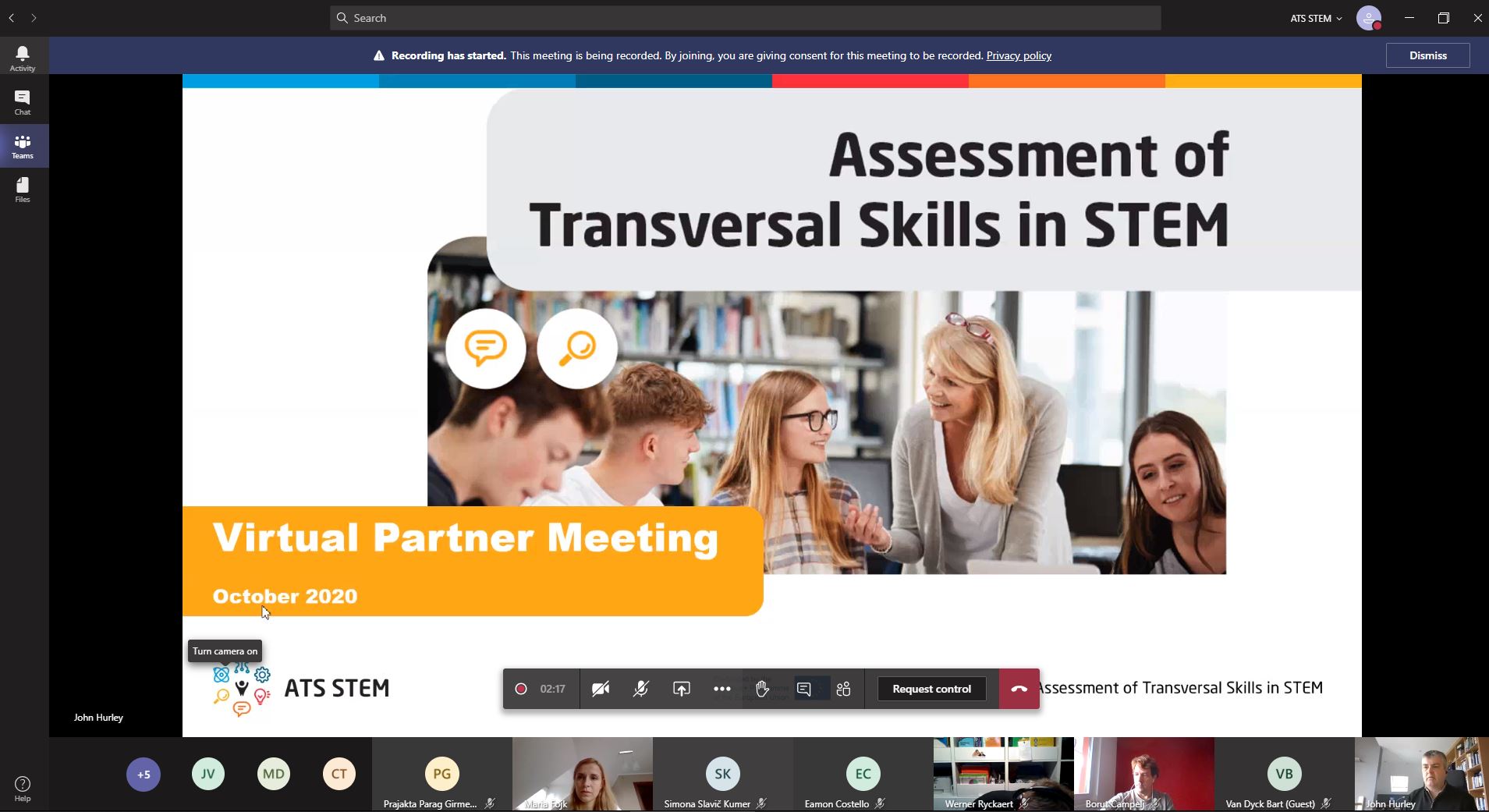
30 Oct ‘Takeaways’ from the October all partner meeting in ‘virtual’ Belgium’
During the first half of October, a regular ATS STEM meeting for all project partners took place. Although planned to be held in Antwerp, Belgium, the covid-19 pandemic hindered our mobility and strapped us to our seats in front of the computer screen; we were close and yet so far. Nevertheless, it was nice to feel the international vibe and defy the virus following all the recommendations.
Since on-line meetings have a different ‘beat’, the regular meeting was extended on two weeks, into 4 hour-and-a-half MS Teams conferences.
Tuesday, 6th October
We started with a ‘nice to see you all’ from everybody to everybody. Colleagues from the Danube University Krems, leaders of the Work Package 8 (WP8 – Quality Assurance), presented the evaluation of projects’ annual report of the EACEA Agency. The report has been approved; however, there were some suggestions to upgrade activities (COVID recommendations, Covid-19 Risk Assessment and Action Plan etc.). ATS STEM project has now been prolonged until December 2022.
Next on the schedule was a follow up from colleagues from the University of Tampere, leader of WP3 Teachers’ CPD (Continuing Professional Development). Partner discussion was focused on where to host CPD materials to ensure overall accessibility (see also post – All Partner Meeting ATS STEM in “virtual” Belgium, October 7th).
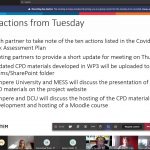
Thursday, 8th October
Each country partner representative presented their status update on Pilot Implementation (WP4) – how many schools are included, how many have joined, what is the ‘national’ progress, etc. Of course, discussion centered on assessing risks and challenges, since the situation with covid-19 is hindering us all. Especially inexperienced, new schools that (were) are struggling with establishing all the required parameters in the classroom are now even more challenged when the activities are to be performed in a virtual classroom. However, some countries are already in full implementation, such as Slovenia, and will be able to share experiences with partners, which will fully start implementation later.
The Spanish project partners, University of Santiago de Compostela, opened the discussion again for the questionnaire of the Pilot Evaluation (WP5). Since the questionnaire is identical for all project partner countries, a consensus had to be reached on the formulation of the questions – the age of students involved in the Pilot Evaluation differs and they are supposed to answer questions independently. As agreed, some minor changes will be done.
Tuesday, 13th October
Lead partners of WP1 and WP2, Professor Mark Brown of Dublin City University and John Hurley of H2, presented the finalisation of package deliverables. The latter were in being implemented according to the set timetable.
In the continuation of the meeting Borut Čampelj, representative of the Slovenian ministry of education and lead partner of the WP6, presented the current state in dissemination activities – visits to the project webpage, Twitter activities, preparation and design of the project brochure. Especially in regards to the latter some additional feedback was required from project partners. The WP6 group had a short session after the meeting to discuss open questions about the brochure, and the plan was to finalize it in the last week of October. After that each partner will translate the content of the brochure to their language, to disseminate it within their target groups.
Thursday, 15th October
Final meeting day was more or less focused on the future, on further activities and achieving the set milestones in the project timeline. The deadline for submitting the second annual report is approaching, thus we agreed upon exact dates for submission for individual reports. John Hurley of H2 quickly, but precisely, presented a summary of actions, reminding all of the next partner meeting in March 2021. Hopefully the circumstances will enable us to meet in person.

